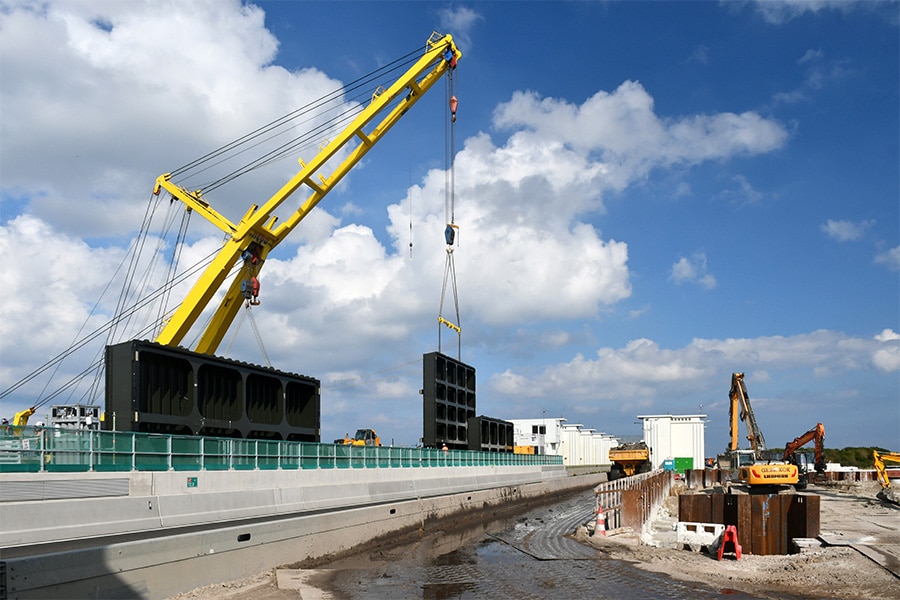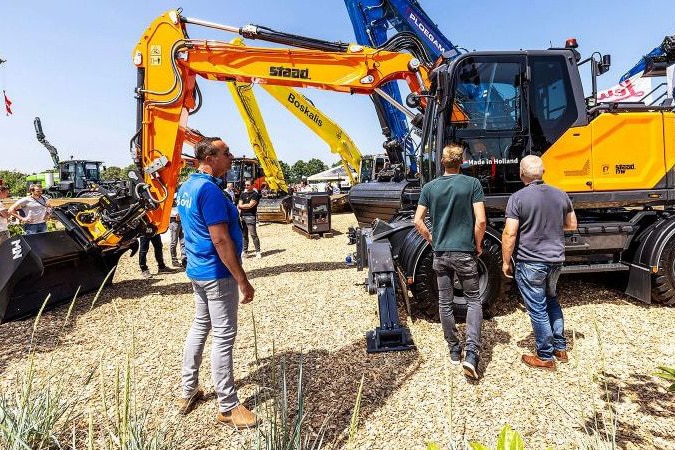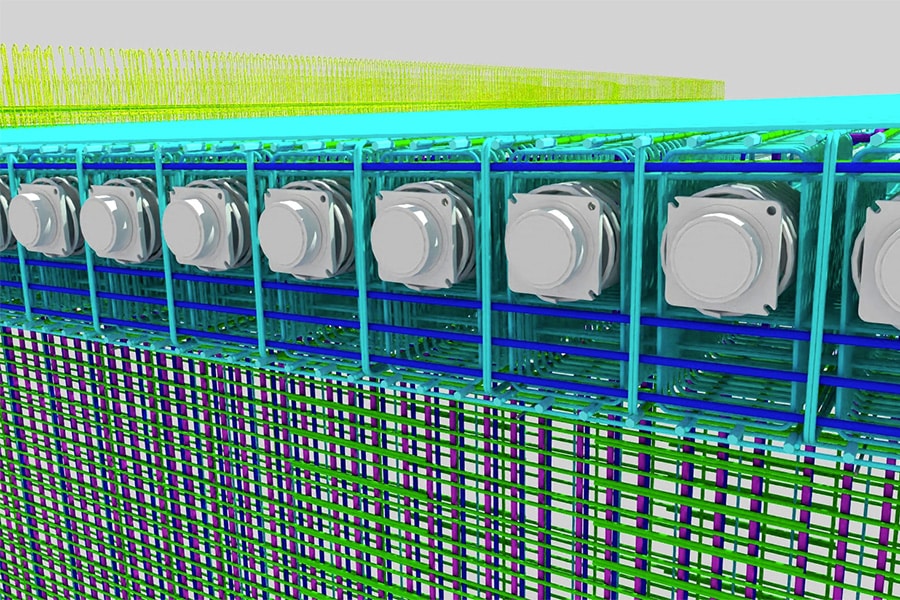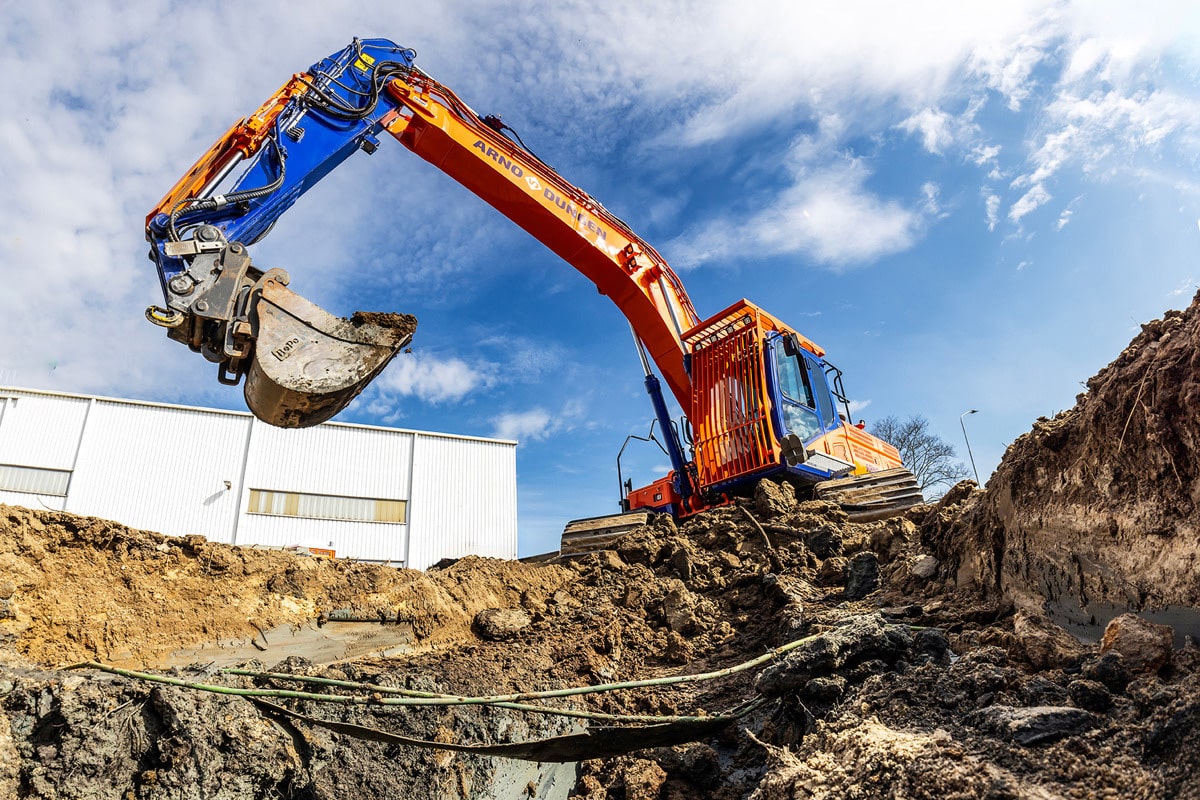
Netherlands moves with the water
In work, innovations arise and new solutions are found. The experience and knowledge you gain in the process give you the opportunity to help shape your own future, as long as you are willing to keep learning.
The world is watching us...
There is a huge shortage of young recruits in the GWW sector, including my sector, hydraulic engineering. How can we ensure that young people choose an education and career in GWW and hydraulic engineering in particular? And how do we bind workers to our sector? Are the opportunities offered by the sector too little known and does ignorance make unloved? Let's face it: those who choose a career in hydraulic engineering can count on future-proof work, and those who want to grow with the sector can engage in lifelong learning.
We pay plenty of attention to this in the summer and fall editions of our association magazine, "The Hydraulic Engineer. I am often asked why I chose our sector. The significance of the sector for our water-rich country is an important reason for me. But also the versatility of the work and the empirical nature of the sector. Working in hydraulic engineering brings you to small works, or to very large ones. Innovations arise in the work and new solutions are found. The experience and knowledge you gain in this way give you the opportunity to help shape your own future, as long as you are willing to keep learning.
A wonderful export product
Hydraulic engineering has been part of the Netherlands for centuries. It is perhaps our best-known export product, worldwide. The safe deltas created by our hydraulic engineers have not been limited to our little country for a long time. Worldwide, the Netherlands is praised for its knowledge and skill in constructing safe deltas, flood defenses and water management. Besides being an important export product, hydraulic engineering is above all an essential part of the Dutch economy. We like to keep our feet dry and waterways are an important part of our logistics chain.
Learning by doing
Hydraulic engineering is an empirical science: learning by doing. Hydraulic engineering is constantly evolving, which is why you can be a lifelong learner in our sector. The companies working in hydraulic engineering evolve along with it, on the waves of change. That means increasingly complex environments in and on which to work, more and more responsibility involved in the work, and constant development of the technical equipment used. The vast majority of the technology used is also developed here, in the Netherlands. For this reason, hydraulic engineering also offers a lot of work to adjacent sectors. Consider, for example, ship design, its development and the building of ships.
High water, sinking soil: work to be done
The never-ending task of keeping our country safe when it comes to high water and sinking soil is performed daily by workers who have chosen their trade at every level. From lower vocational education, to scientific education; those who complete an education can find work in our beautiful sector. The knowledge acquired can be applied to the many clients, contractors and engineering firms. And one learns by doing, together we know more. Hydraulic engineers need room to implement their innovations and try out new working methods. In this way we can better protect our coastline, we know more and more about how dike bodies behave, what the impact of water is on nature, on locks, on pumping stations and flood defenses... New knowledge keeps the Netherlands liveable and safe and keeps the economy going. There must also be room for being able to scale up and invest in water management. As a colleague in the GWW sector, however, I am not telling you anything new.
Let the best motivation for young people to choose hydraulic engineering be that we contribute substantially to the Netherlands, in all aspects. An ancient Dutch work and still as important as ever, if not more so. The Netherlands is never finished with water and those who choose hydraulic engineering are therefore never done learning. The Netherlands moves with the water.



